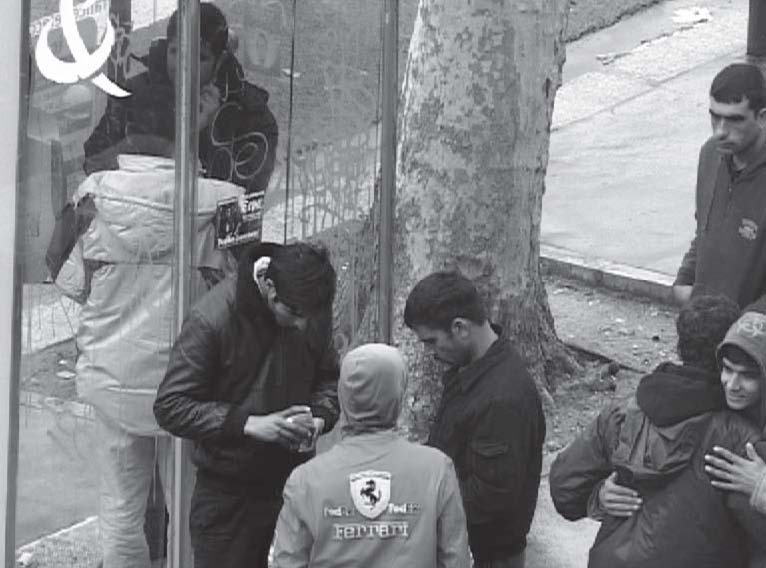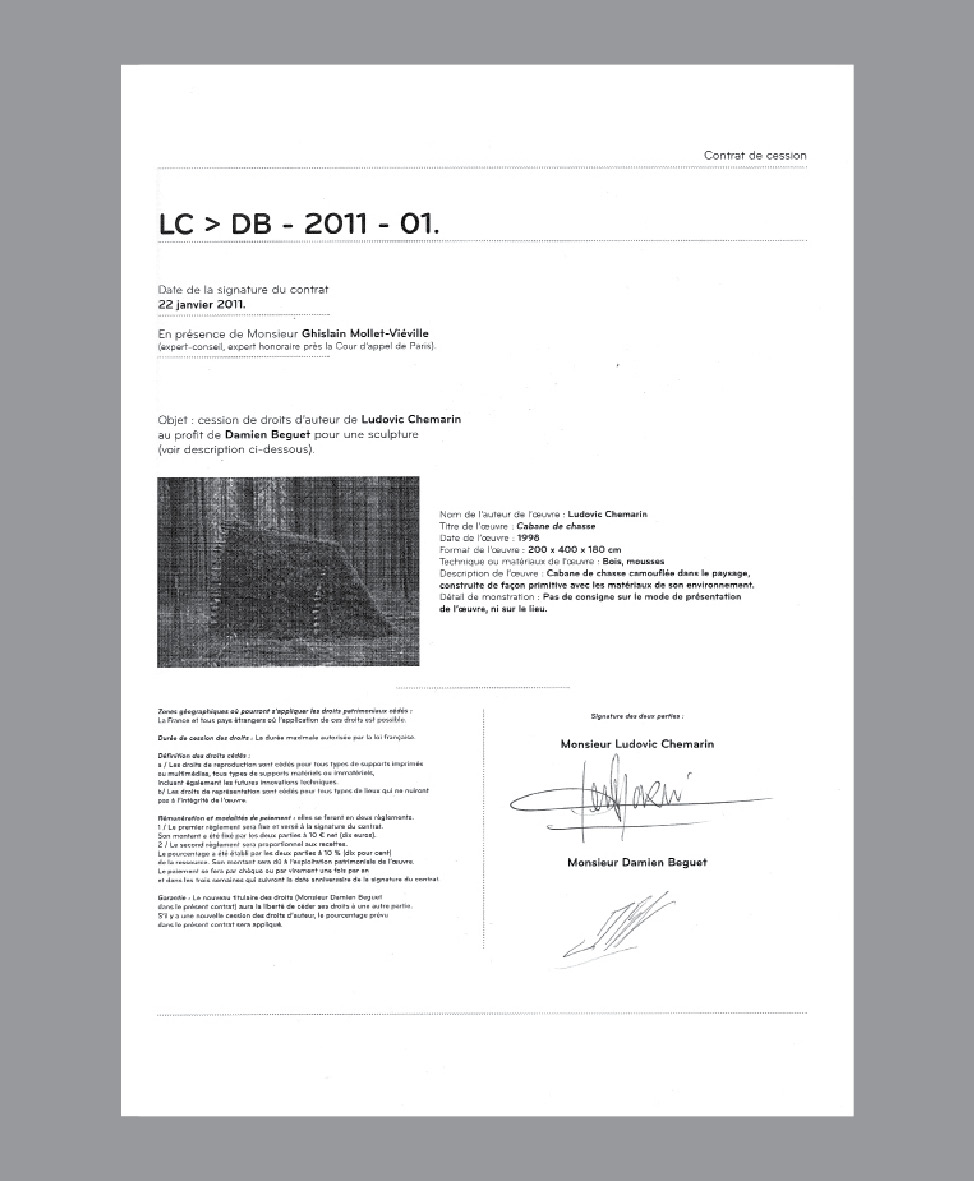Cet article cherche à approfondir les possibilités offertes par l’instrument théorique de la «domestication du travail », en tant qu’il constitue une proposition conceptuelle utile pour repenser les diverses activités du care, ainsi que leur valeur sociale, et pour incorporer, en plus des aspects matériels, la dimension émotionnelle et morale. Pour cela, on réfléchit, en premier lieu, sur certaines limitations du concept de travail pour l’analyse du care. En second lieu, on révise la notion de care en tant qu’elle permet d’incorporer les trois dimensions antérieurement signalées (matérielle, émotionnelle, morale). Enfin, on propose une réflexion politique sur la valeur du care (reconnaissance).
Domestication of Work
This article proposes a reflection on the potentialities of a theoretical prism, the “domestication of work”, whereas it constitutes a useful conceptual proposal to rethink the different types of work, as well as their social value when incorporating, beside the material aspects, the emotional and moral dimensions. First, an analysis on the limitations of the concept of “work” will help us grasp the complexity and specificity of care Second, the notion of care will be explored, as regards to its including the three dimensions previously mentioned (material, moral and emotional). Finally, the model of social care is proposed as a way of reflection on the moral responsibility of care and its social value (recognition). Care allows to extend the concept of “work”, and contributes to its “domestication”.










